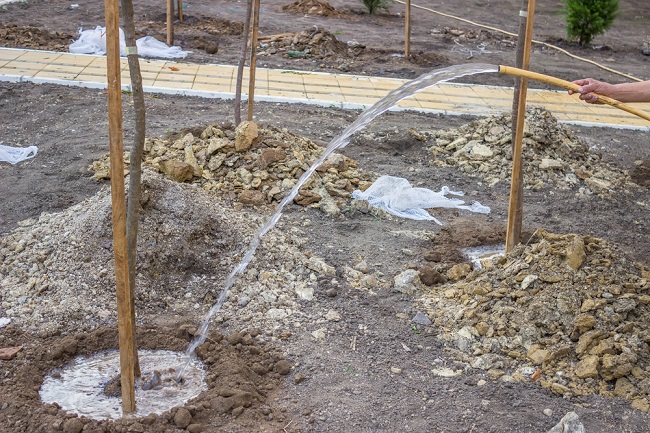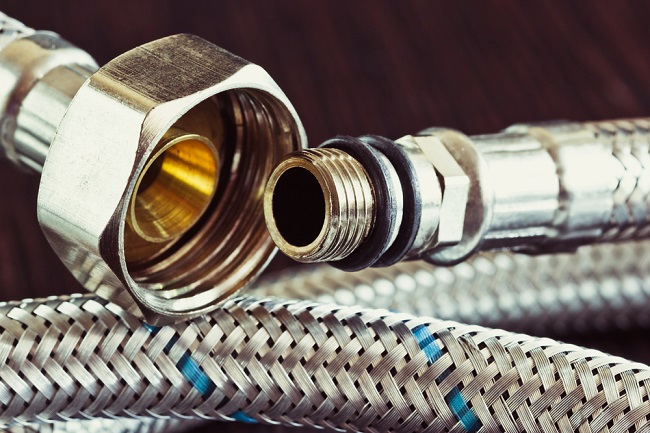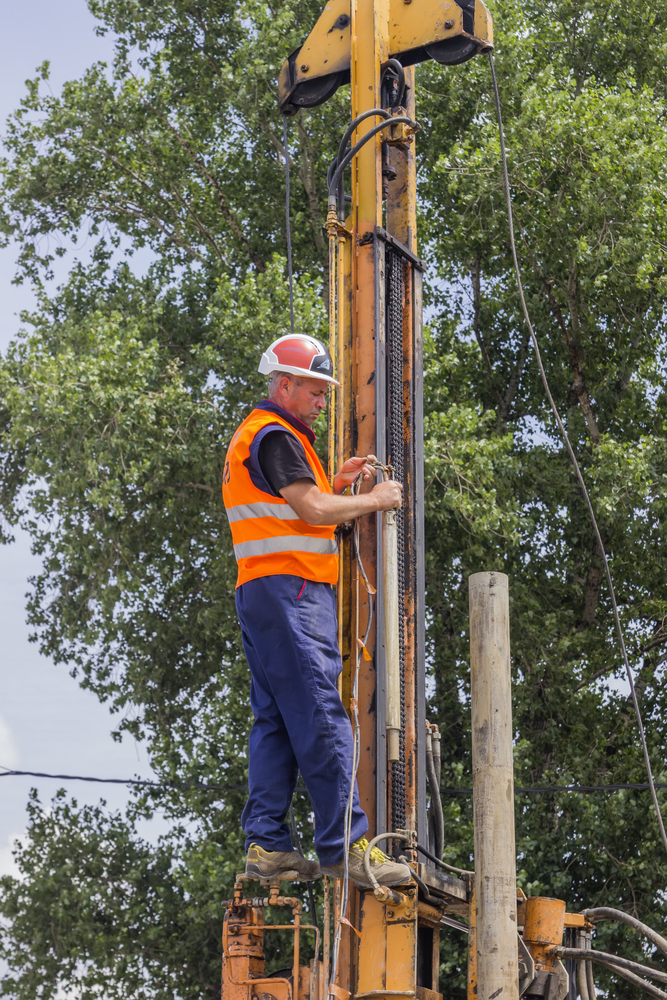A rising main is a kind of pipe that is used for groundwater extraction. Specifically, it is used in the installation or borewell pumps. It works by forcing water to rise from the ground below. Rising mains are made from sturdy materials so that they can handle immense flow of water from beneath. However, it is important to have it connected to rust resistant materials for a robust borewell. Typically, rigid pipes are used during installation of borewell pumps. However, high-tensile hoses are a much better bet, since they do not rust when they come in contact with water.
Rising mains differ by way of size and type. What is installed at your place depends on the size of the project.
Types of rising main

Wet rising main
This kind of pipe always remains charged. Thus, it is ideal for immediate use. It comes with a control valve that will let you shut-off water flow as and when needed. A wet rising main is often connected to the main water supply, which makes it super convenient to use. However, you need to take good care when installing a wet rising main. If this kind of pipe is being installed at a great height, you might not get water at enough pressure. In such cases, you might need a booster pump in order to get water at require pressure.
It is also important that the landing valves used in wet rising mains are fitted with high-quality regulators. Regulators help to control the water pressure. Without them, water might come out at really high pressure, which might damage the pipe and other components of your borewell.
Dry rising main

Unlike a wet rising main, a dry riser must be charged for use. They are charged with the help of inlets, which are located in strong glass boxes to prevent misuse. Dry risers are fit for use in situations where the water pressure cannot be thoroughly regulated. Since the riser needs to be charged up for use, you can effectively regulate the pressure and decide when the water flows through the pipe.
Installation tips for borewell using rising main
1. Try to use a rising main that is made from a mix of polyester fabric and thermoplastic polyurethane. Such pipes have high tensile strength and these can last much longer.
2. Make sure the couplings fit snugly around pipes in your borewell. If the joints in your borewell aren't adequately sealed, there will be problems with the water pressure.
3. It will be a good idea to use couplings made from stainless steel. Steel does not rust easily when it comes in contact with water, and this is what elongates the life of your bore well.
4. Always hire a seasoned contractor for the job.
How to choose the right rising main contractor

1. Make sure the contractor is adept at working with both types of rising main, dry as well as wet.
2. Before you hire a contractor, define categorically whose responsibility it will be to obtain legal permits for the job. It is always easier if the contractor can do it as this saves you from a lot of hassles. Rising main contractors work with government departments all the time and they can get permissions much more easily.
3. Experience counts. Hire a contractor that has good experience with flexible rising mains, lay flat hoses, and the whole gamut. Ideally, the contractor should give you some sort of guarantee on how many years your borewell would last.







